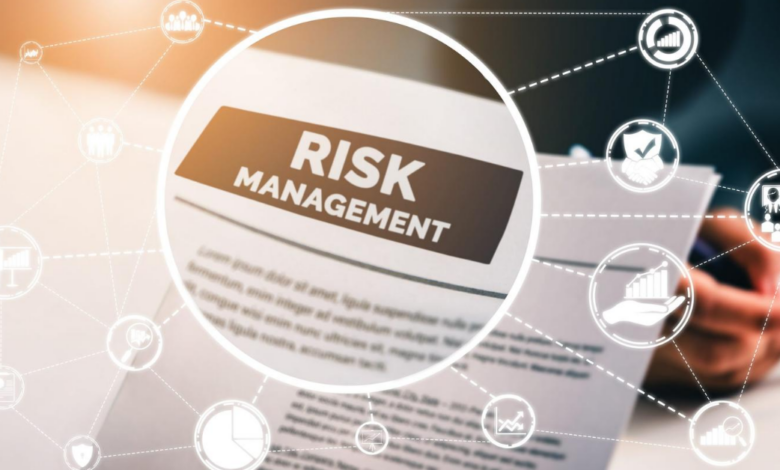
Risk Recruitment Trends: What Lies Ahead in Financial Services
In today’s rapidly evolving financial services industry, the way organizations think about risk and recruit talent to manage that risk is of paramount importance. The term “risk” in the financial realm is multifaceted, encompassing everything from credit risk to operational hazards. However, risk recruitment trends are not static; they change as the industry itself evolves, shaped by technological advances, geopolitical events, and economic fluctuations. This blog post delves deep into these trends, shedding light on what the future holds for risk recruitment in financial services.
The Growing Emphasis on Cybersecurity
In an interconnected, digital world, the threats of cyberattacks are not just a possibility; they’re an everyday reality. Financial institutions, given the sensitive data they handle, are prime targets. This has led to a surging demand for cybersecurity experts. As threats become more sophisticated, the industry is in dire need of professionals who can anticipate, identify, and neutralize these threats.
Recruitment in this area is witnessing a spike. Traditional financial risk analysts are now often expected to understand cyber threats or work in tandem with cybersecurity experts. The implications are clear: candidates with cybersecurity expertise, especially those with certifications like CISSP or CISM, will increasingly find themselves in high demand.
Data Analytics and AI in Risk Management

Data is the lifeblood of modern financial institutions. Through data analytics and AI, these organizations can make informed decisions, forecast trends, and detect anomalies. In risk management, these tools have become indispensable.
Recruitment trends now reflect a growing demand for professionals adept in data science, machine learning, and statistical modeling as outlets such as FD Capital will tell you. These individuals don’t just crunch numbers; they extract actionable insights that drive strategic decision-making. For aspiring professionals, an understanding of AI frameworks and data analytics tools isn’t just a “nice-to-have” – it’s almost mandatory.
Regulatory Compliance and Risk Governance
The financial industry is one of the most regulated sectors globally. As regulations tighten and change, risk management inevitably intertwines with regulatory compliance. Staying ahead of these regulations and ensuring adherence is paramount.
Financial institutions are keen on hiring professionals who are not only aware of existing regulations but can also forecast regulatory trends and integrate them into the organization’s framework. Candidates with backgrounds in legal, compliance, and governance are therefore becoming invaluable assets in the risk recruitment landscape.
Remote Work and Digital Transformation
COVID-19 was a catalyst, expediting the digital transformation journey for many financial institutions. Remote work is no longer an outlier; it’s the norm. This shift necessitates a new breed of managers – those who understand the intricacies of managing risk in decentralized, digital environments.
The recruitment focus is shifting towards those familiar with digital tools, cloud-based platforms, and the unique risks presented by a distributed workforce. It’s not just about understanding finance anymore; it’s about understanding the digital landscape in which finance now operates.
Diversity and Inclusion Initiatives

A diverse team brings a myriad of perspectives, leading to more robust risk assessments and solutions. Recognizing this, many financial institutions are embedding diversity and inclusion into their recruitment strategies. It’s no longer just about ticking a box; it’s about ensuring that the team represents a wide range of experiences and viewpoints, leading to better decision-making.
Candidates who can demonstrate an understanding of diverse markets, cultures, and demographics will stand out in the evolving management landscape.
Soft Skills and Communication
Technical skills are crucial, but they aren’t everything. The best risk analysts and managers also excel in communication, empathy, and adaptability. They need to liaise with various departments, explain complex threats in simple terms, and adjust to ever-shifting circumstances.
As such, recruitment trends are placing an increased emphasis on soft skills. Candidates who exhibit strong interpersonal abilities, coupled with technical prowess, are becoming the gold standard in the industry.




